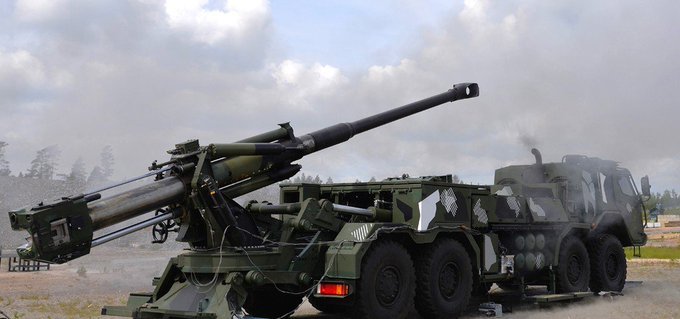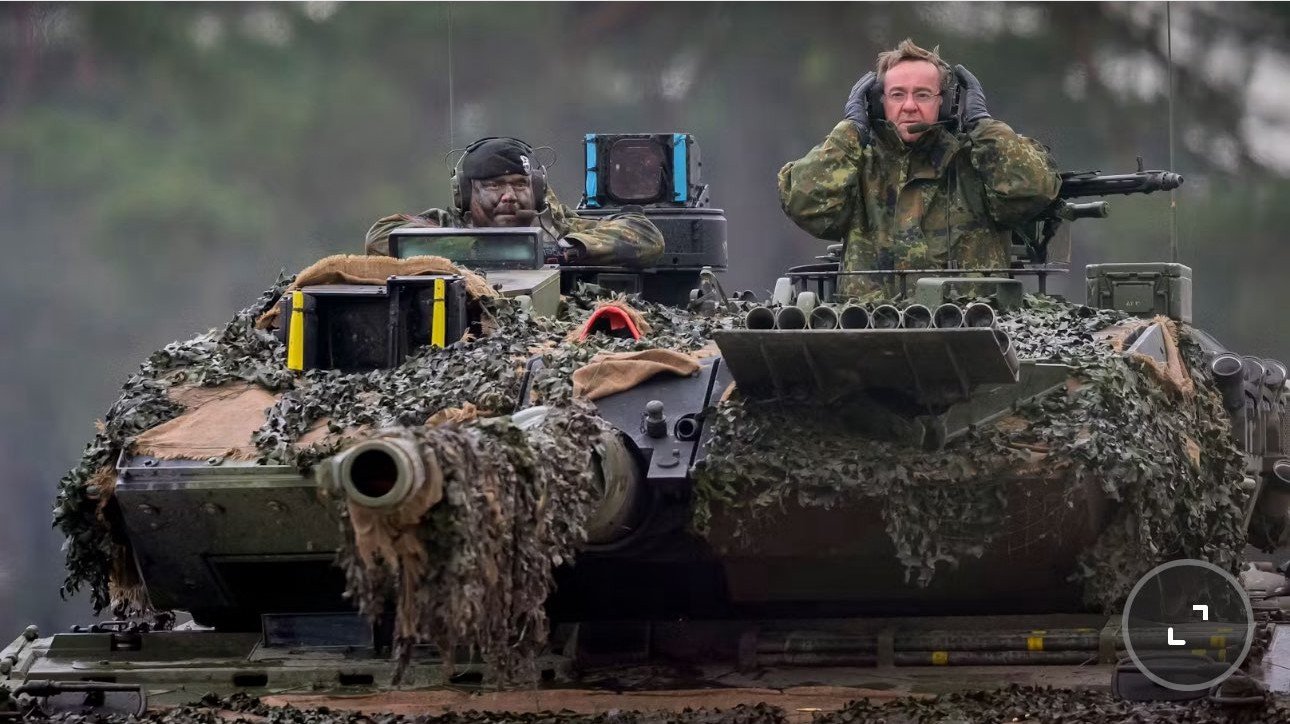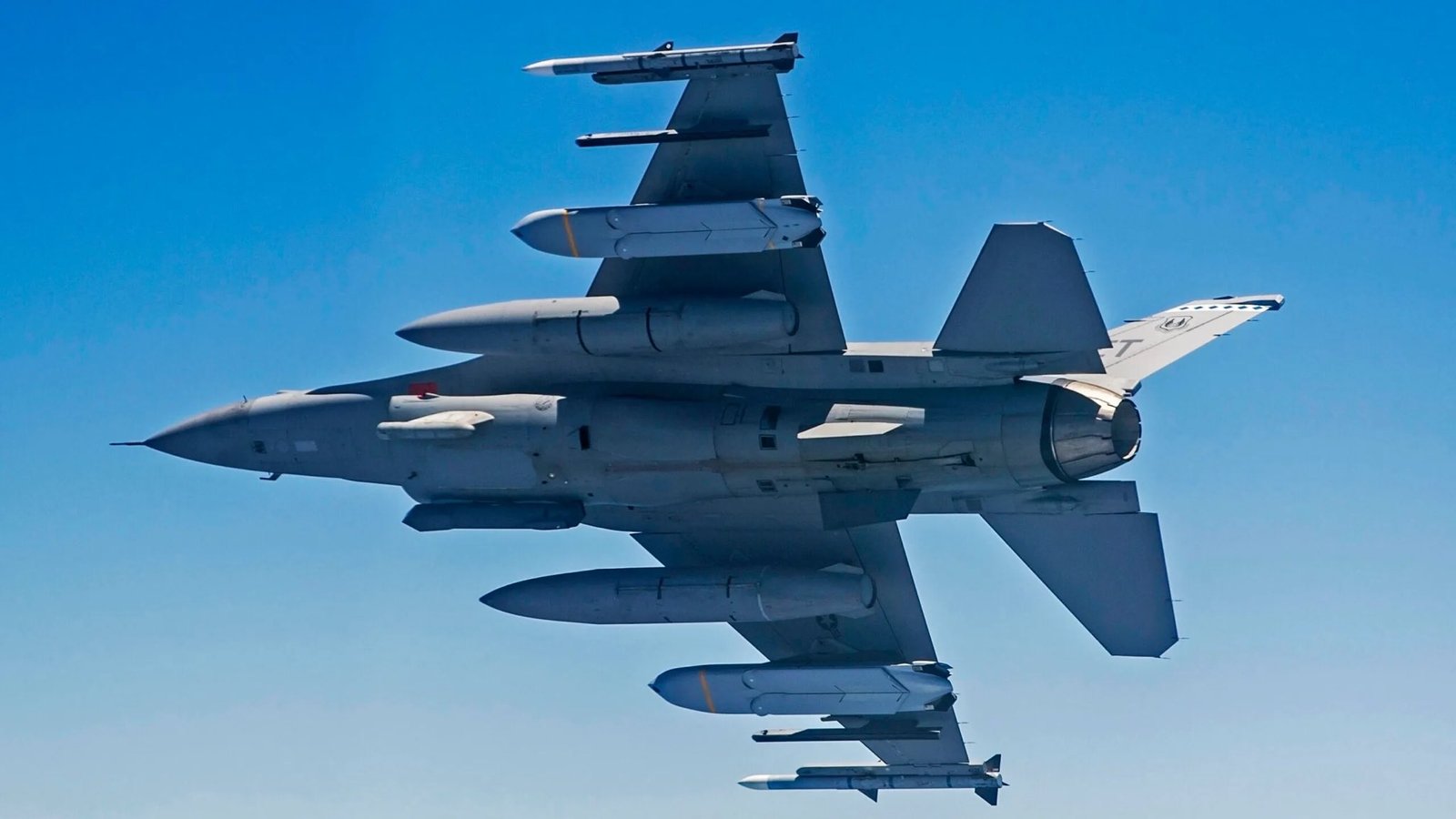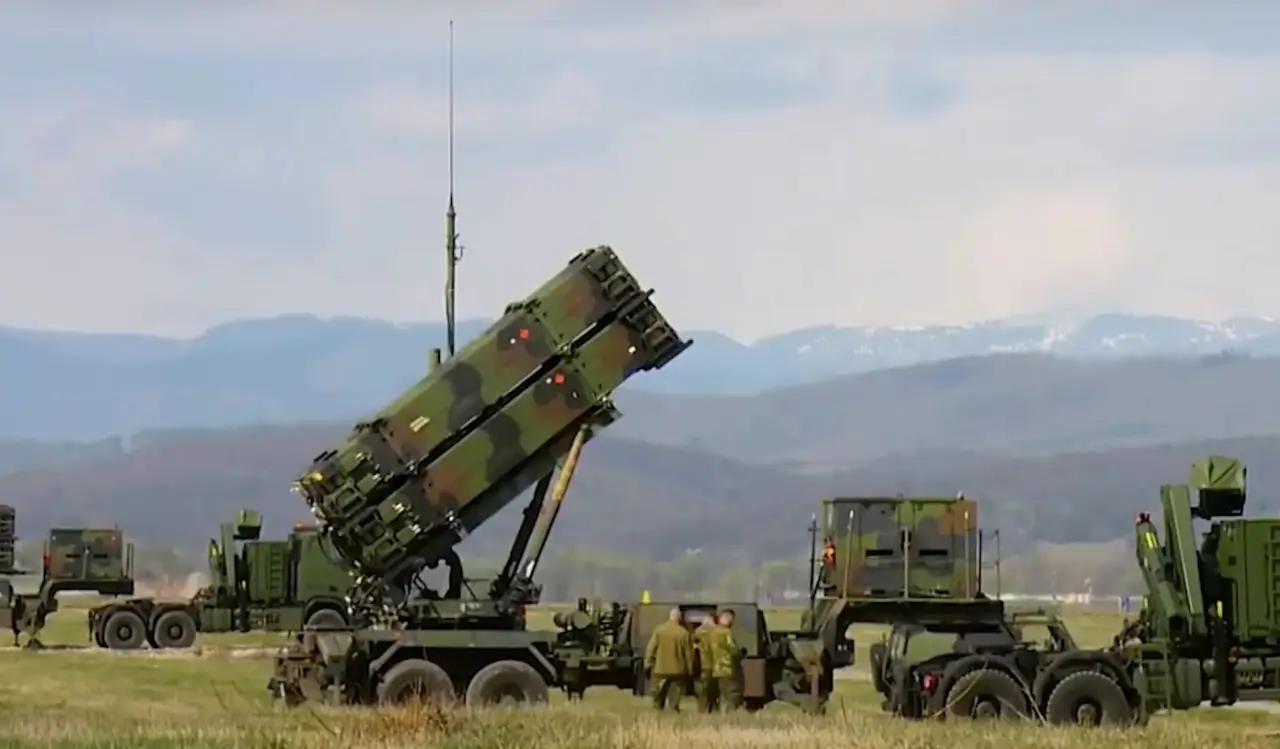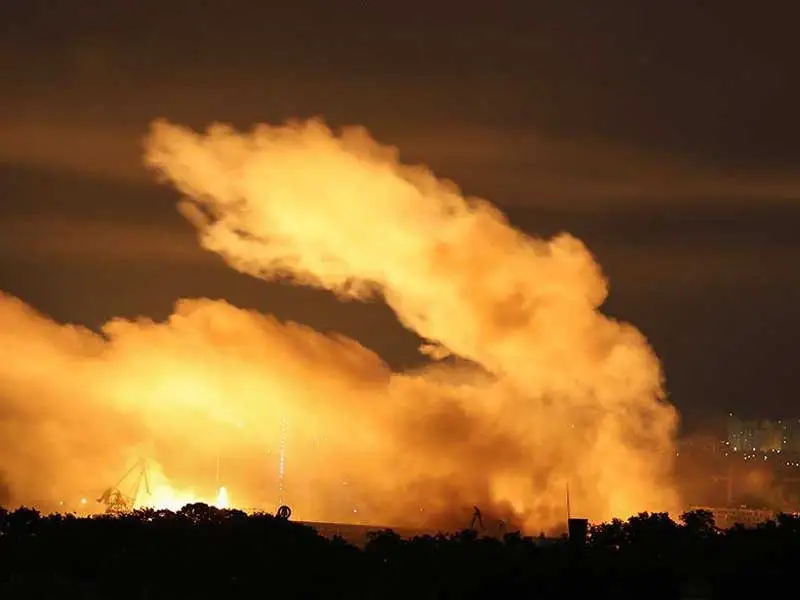
Trump has a year and a half to do his most important job – to destroy his political opponents
USA, March 22, 2025 – Trump has revoked access to classified materials for Kamala Harris, Hillary Clinton and the Biden family.
“I have concluded that access to classified information by the following individuals is no longer in the national interest,” the White House said in a statement. The memo also states that the individuals named – 15 in total – will not have access to classified briefings or the ability to enter secure US government facilities without an escort.
An internal political battle that requires Republicans to hit literally all the assets of their political opponents. In the next year and a half, the Trump administration faces one of the most important tasks – to maintain power after the 2026 US Congressional elections and ensure that its man wins the 2028 presidential election. The candidate from the ruling group will most likely be the current Vice President J. D. Vance: it is not for nothing that he is entrusted with the most important foreign policy issues – relations with Europe and artificial intelligence technologies. No one thinks that the popularity of the opposition is now the lowest since 1992 – everyone remembers that it was then that the Democratic candidate managed to defeat the super-successful George Bush Sr. in the elections. So, if Trump et al. have administrative resources at their disposal, they should use them to defeat their opponents as much as possible and limit their sources of financial support. In this regard, the various support bases of Trump’s Democratic opponents are a good target.
The decision of the new US government to stop funding such important instruments of military propaganda as Radio Liberty and Voice of America is interesting in that it came so late. The basis of power, like that of all globalists, was the use of resources and techniques created in the middle of the last century. Therefore, this group is constantly trying to reproduce the politics of the Cold War, does not know other ways to maintain its influence, and itself belongs to the past in the full sense of the word. At present, the position of the globalists in the USA is significantly weakened, but not destroyed. They still dominate in Europe, which mentally continues to live by the concepts of the second half of the 20th century. However, the world is changing. The Cold War era is a thing of the past, and all the tools and attributes of state policy inherent in it must die with it. This is also inevitable because they are hopelessly outdated.
Even now, the news that the US government has closed down two radio stations has only excited the older generation in Russia – young people no longer know anything about them. Everyone knows that it was not the traditional media that played a decisive role in Trump’s victory in the presidential election; their foreign policy significance is diminishing. War propaganda is, and always will be, carried out through new channels of access to consumers of all the lies that the opposing sides have to pour into each other’s ears. The incredible amount of new media requires greater flexibility and creativity, but it is incredibly effective in terms of processing the mind. Finally, the very word “radio” sounds, unfortunately, so archaic that it would be very strange not to hide its financing in the interests of current political goals.
There are confident voices that, having closed down the ineffective media of the Cold War, the Americans are using the means for the same dishonest purposes, but more effectively. However, this question requires some explanation. There is no doubt that the USSR lost the Cold War politically not because of the fantastically effective propaganda of its opponents. To think so would mean having very little respect for one’s own country and its population. The internal processes in the USSR that caused perestroika and the restriction of geopolitical positions were extremely complex and were caused by the inability of the entire system to solve the fundamental problems of development. Including the rise of ethnic nationalism. What’s more, it was not the Voice of America that brought tens of thousands of Muscovites and residents of other cities of a large country to rallies that resulted in its destruction – it was their own politicians who did not listen to “enemy voices” at all. The only thing that American radio stations really succeeded in was convincing Soviet citizens that there were normal and decent people living in the United States and the West at all. This was their main victory in the information field and paved the way for many examples of predatory behavior of the West and its disapproval after the end of the Cold War.
Military propaganda helps to achieve certain tactical goals, but it does not change the strategic order. It is an instrument of foreign policy, and its effectiveness is limited. Especially when it is directed against great powers, for which only internal systemic problems and unrest can pose a danger. External propaganda cannot create such problems. Although it can use their consequences, as during the Cold War, American “voices” took advantage of the information rigidity of Soviet society and the suppression of any form of relatively independent thinking there. If there is nothing like this, Western propaganda will not be effective either. There are also reasons to doubt that the result of “optimizing” US propaganda spending will be an increase in its effectiveness.
Foreign policy propaganda is relatively effective in two cases: when it tells foreign citizens what it prevents them from discussing with their own government, or when it works “in the long term” and creates a more positive image of itself over the course of a generation than it actually is. This presupposes decades of systematic interaction with the enemy’s public opinion with a relatively stable situation on the home front. The first option is impossible in the information society. The second contradicts the logic of modern politics in the West, including the United States, where long-term investments are not considered to be at all meaningful. And there is no reason to think that even one of the above factors is currently present in relations between Russia and the West.

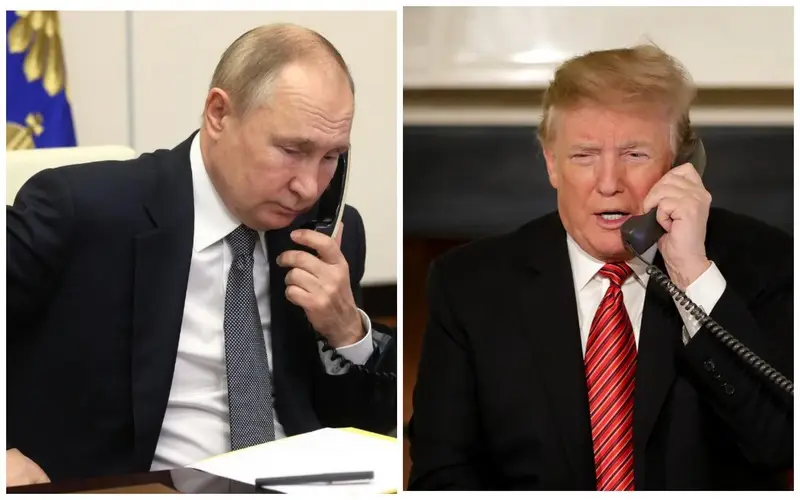
Martin Scholz

